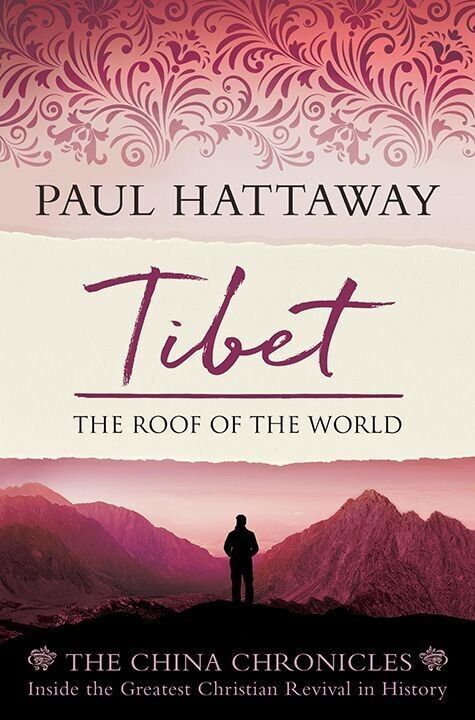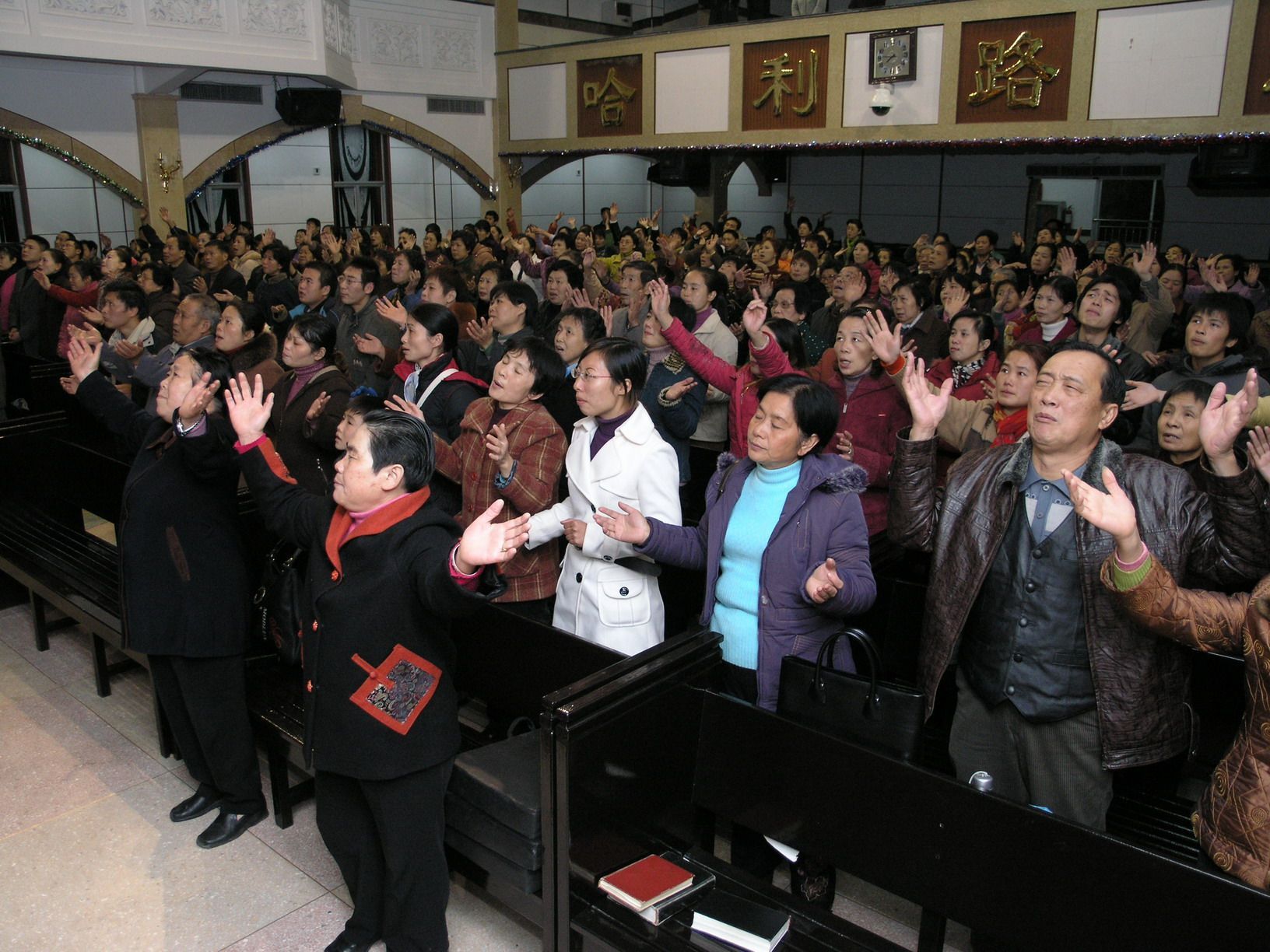1960s & 1970s

When the era of foreign missions in Tibet and China came to an abrupt end in the early 1950s, all news emanating from the Tibetan world fell silent behind the Bamboo Curtain. Many missionaries, still reeling from having had their careers suddenly terminated, had no way of receiving information about the converts they had left behind.
Despite the silence, the seed of the gospel that had been planted by many faithful servants of God had been sown deep into the soil of Tibet. The veteran missionary Leslie Lyall remarked in 1965:
"The early missionaries to Tibet dared to believe that the conversion of Tibetans was possible. There are now Christians and possibly even one local church in Tibet. The unconquerable kingdom has already been politically conquered. Highways are carrying men and merchandise from China into the heart of Tibet. Could these also become highways of the gospel as Chinese Christians, too, travel over the highways—a highway for our God?"
With practically no Christian information emerging from Tibet during the 1960s and 1970s, snippets of information only came to light decades later about incidents relating to Christianity on the Roof of the World in those dark years.
For example, decades passed before missionary Brother David shared a story about a Nepali Christian he worked with in the mid-1970s. This man had a burden to preach the gospel inside Tibet, and the missionary bought him a sturdy vehicle to help him fulfill that vision. He frequently traveled from north India across the border and deep into Tibet. Brother David recalled:
"He and his father had been traveling all the way to Lhasa. They always carried Tibetan Bibles with them, and gave them to the small number of believers they were in contact with. On other occasions they took in Chinese Bibles and sent them on to believers in other parts of the country. Then, on one of his trips, the Chinese authorities discovered the Bibles, and they hung him upside-down from a tree and beat him to death. This was around the end of the Cultural Revolution, when things were tense all over China."
© This article is an extract from Paul Hattaway's book ‘Tibet: The Roof of the World’. You can order this or any of The China Chronicles books and e-books from our online bookstore.
1. Lyall, A Passion for the Impossible, pp. 144-45.
2. Personal interview with Brother David, September 2005.





